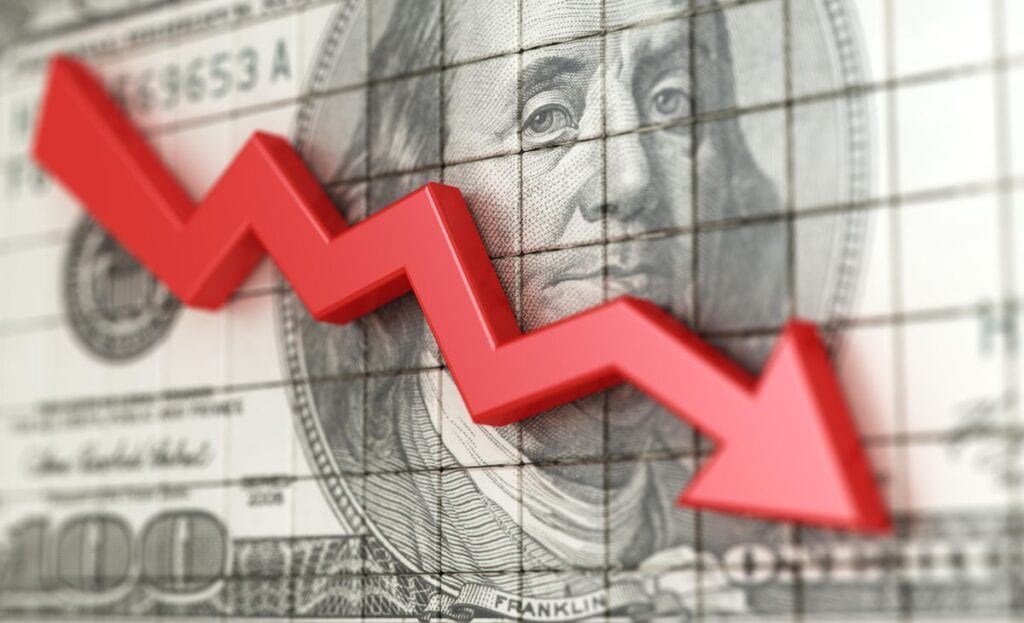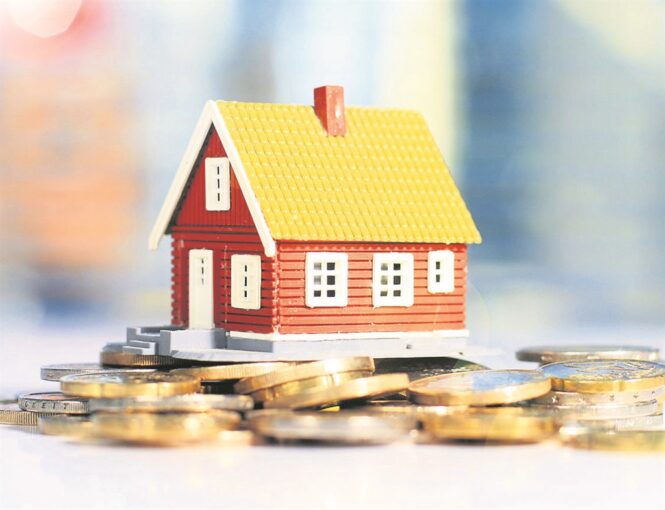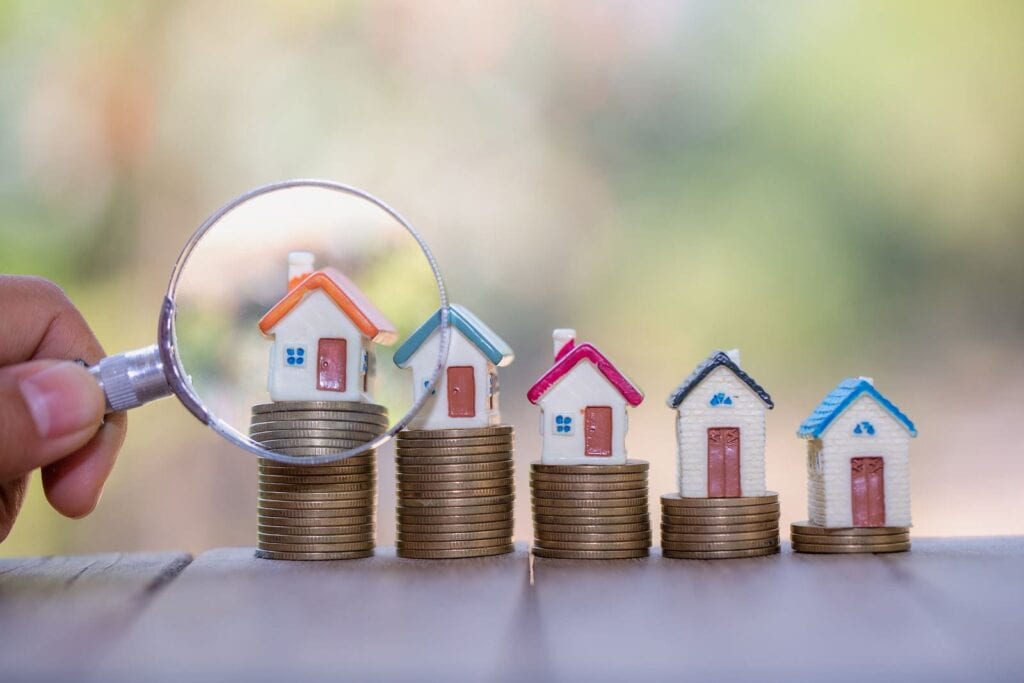Interest rates affect the real estate market in various ways. No matter if you’re a buyer or a seller, learning more about the role interest rates play in the formation of property prices is of the utmost importance. Besides, as interest rates are the driving force behind our economies, everyone can benefit from knowing how they work.
So, in this article, we’ll explain how interest rates affect the real estate market, so you can make smarter economic decisions in the future.
First of all, what is an interest rate and how is it formed?

Simply put, interest rates represent the price you pay for borrowing someone else’s money. The amount you’ll need to pay reflects your credit score and your financial capabilities. Usually, interest rates are lower when the period of the loan is shorter. However, banks and other local financial institutions are not where the interest rates are being formed. Every country has its regulatory institution that adjusts interest rates to speed up or slow down economic activity. In the US, that’s the Federal Reserve, and in European countries that use EUR as their national currency, these regulations are done by the European Central Bank.
Ultimately, the cost of borrowing money influences the real estate market and the economy as a whole.
How it affects home buyers

The general rule of thumb in the real estate business states that the rising interest rates make buying or selling a home much more difficult. But why is this so?
Well, first of all, higher interest rates mean your monthly mortgage payments will be higher too. Let’s give you an example: you’re looking to buy a $500 000 home on a 30-year fixed mortgage. If the interest rate was 4% you’d be paying $2 387 towards your monthly mortgage payments.
Now, let’s say the interest rate rises to 5%. For an increase of only 1%, you’d have to pay $2 684 (an extra $297) every month.
So, you can see why people are hesitant to invest in real estate when the interest rates are rising. From the buyer’s perspective, the higher the rates, the less affordable the property becomes. Of course, as demand and supply are two closely related economic phenomena, changes in interest rates affect the sellers too. Click here to know more about how to get started in real estate investing
How it affects home sellers

If you’re trying to sell your home, the rising interest rates would affect you a bit more indirectly. For example, if you want to sell your property for $500 000, nothing can stop you from setting that price. However, if there’s nobody out there who can afford it, you’ll be forced to lower your prices or give up on selling at this time-point.
On the other hand, when the interest rates drop, the buyer’s purchasing power rises. This means you’ll be able to price your real estate at a higher price and still have someone willing to buy it.
So, while there’s nothing you can do about interest rate fluctuations, it’s still important to consider it all when forming the final pricing for your property. Make sure you find a reliable real estate agent such as those at premierrealestate.pro, because they’re the best people to help you determine the optimal price point for your home.
How it affects property value

Naturally, as the interest rates influence both buyers and sellers, they also affect the final prices of real estate. So, why would a regulatory institution decide to make the interest rates higher? The simple answer lies in the health of the economy. When a country has a strong economy that’s in constant growth, high-interest rates allow for balance and faster development. However, as we mentioned before, this is only viable when the economy is growing faster than the interest rates are.
Let’s get back to our example. A sudden 1% rise in the interest rates will cause buyers to pay an additional $297 in monthly mortgage payments. This discourages them from buying, which means the sellers are losing potential revenue. However, if the economy is quickly growing, we’ll also see higher salaries and more jobs on the market. All of this means that the average buyer is now earning more, so they’re also ready to pay more for their wanted goods. All of this suggests that the rise in interest rates doesn’t have to be disastrous for the housing market. In fact, the entire economy can benefit from higher interest rates, as long as there is fast economic growth present in the country.
How it affects the real estate investment market

When it comes to real estate investments, rising interest rates can have a positive impact. Lower housing prices and fewer people being able to qualify for a mortgage means a higher demand for rental properties. So, investing in a rental property when the interest rates are rising might be the optimal time to do it.
Of course, the same goes if you’re planning on reselling the property afterward. Since the sellers will be forced to keep their prices low, all you need to do is to buy and wait until the interest rates decrease again.
So, even our 1% increase in interest can be a great opportunity for profit when you’re an investor.
The bottom line
Overall, all changes in interest can have a major effect on the real estate market. When they’re increasing, the market will be slower as fewer people will be able to qualify for a mortgage, and the prices will get lowered. On the other hand, when they’re decreasing, more people will be encouraged to buy, and the sellers will be able to make more profit. However, this doesn’t mean increased interest is something to fear. As long as the economy is stable and growing, the real estate market will self-regulate until there’s a supply-demand balance achieved. What’s more, investing in real estate can be more profitable when the mortgage rates are increasing.
At the end of the day, if you want to know whether it’s the right time for selling or buying real estate, you should consult with a professional in the industry.
 Imagup General Magazine 2024
Imagup General Magazine 2024



